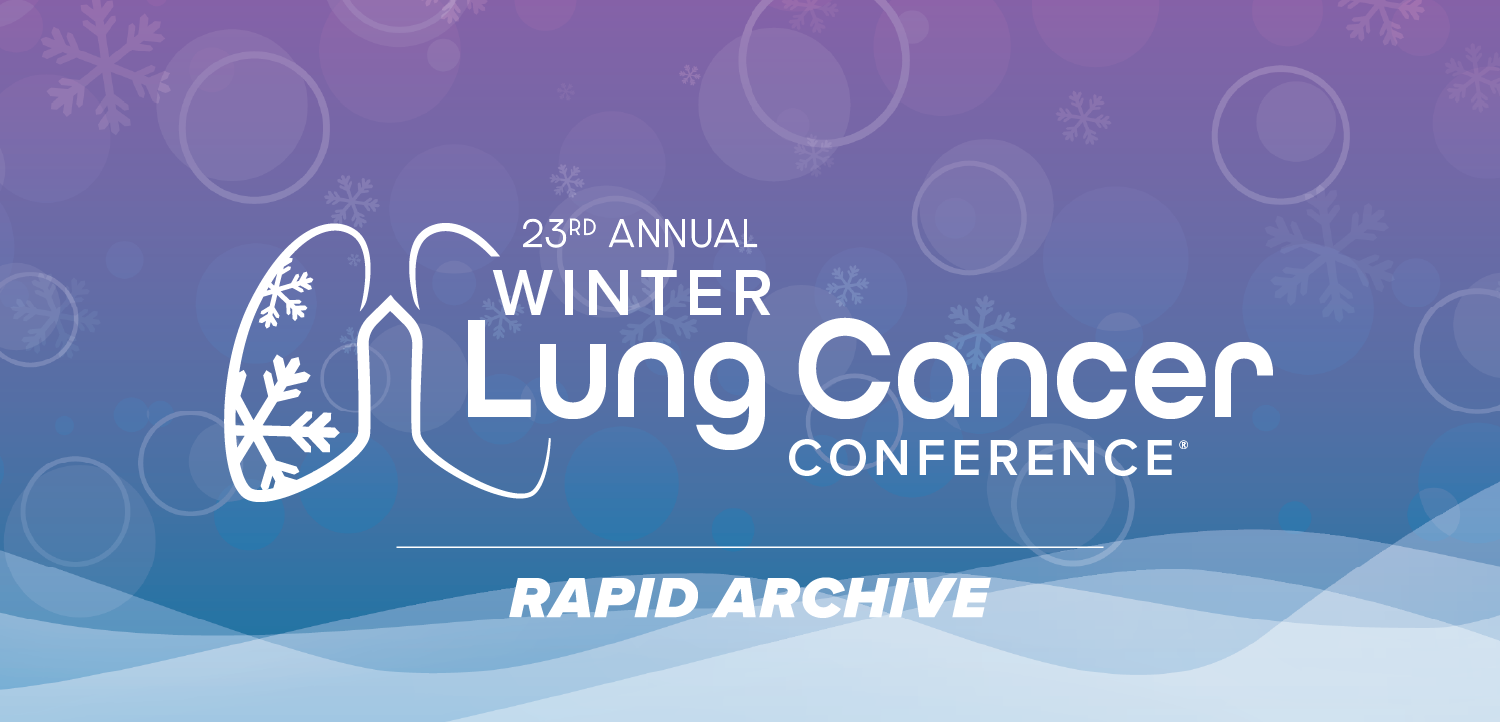
President Obama Declares H1N1 Pandemic a National Emergency
Recently, President Obama declared that the 2009 H1N1 influenza pandemic is a national emergency.
Recently, President Obama declared that the 2009 H1N1 influenza pandemic is a national emergency. This declaration permits the Secretary of Health and Human Services to waive certain regulatory requirements for healthcare facilities in response to emergencies.
It allows these facilities to have greater flexibility in responding to an increased demand for medical services. For example, hospitals may set up rapid triage centers or establish off-site, alternate care facilities to relieve overburdened emergency departments.
Although the intensity of the H1N1 epidemic still varies from region to region in the United States, the disease is spreading rapidly. The declaration of a national emergency allows regional and local health care officials to implement disaster plans quickly.
Newsletter
Enhance your clinical practice with the Patient Care newsletter, offering the latest evidence-based guidelines, diagnostic insights, and treatment strategies for primary care physicians.































































































































